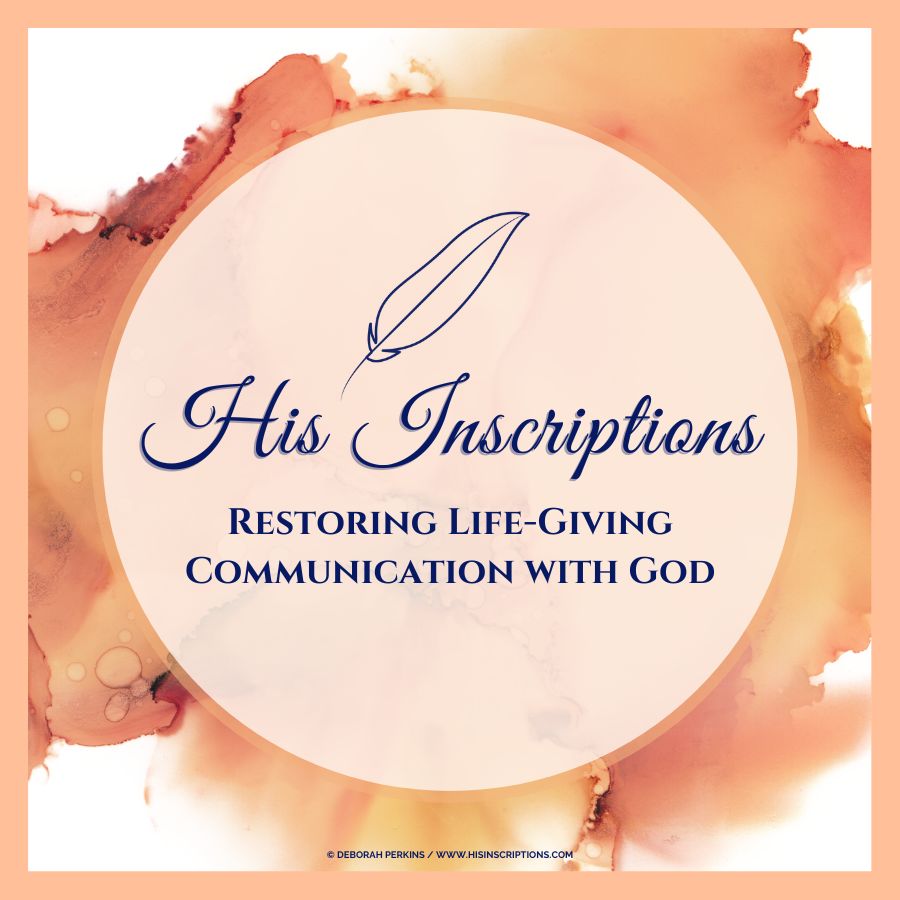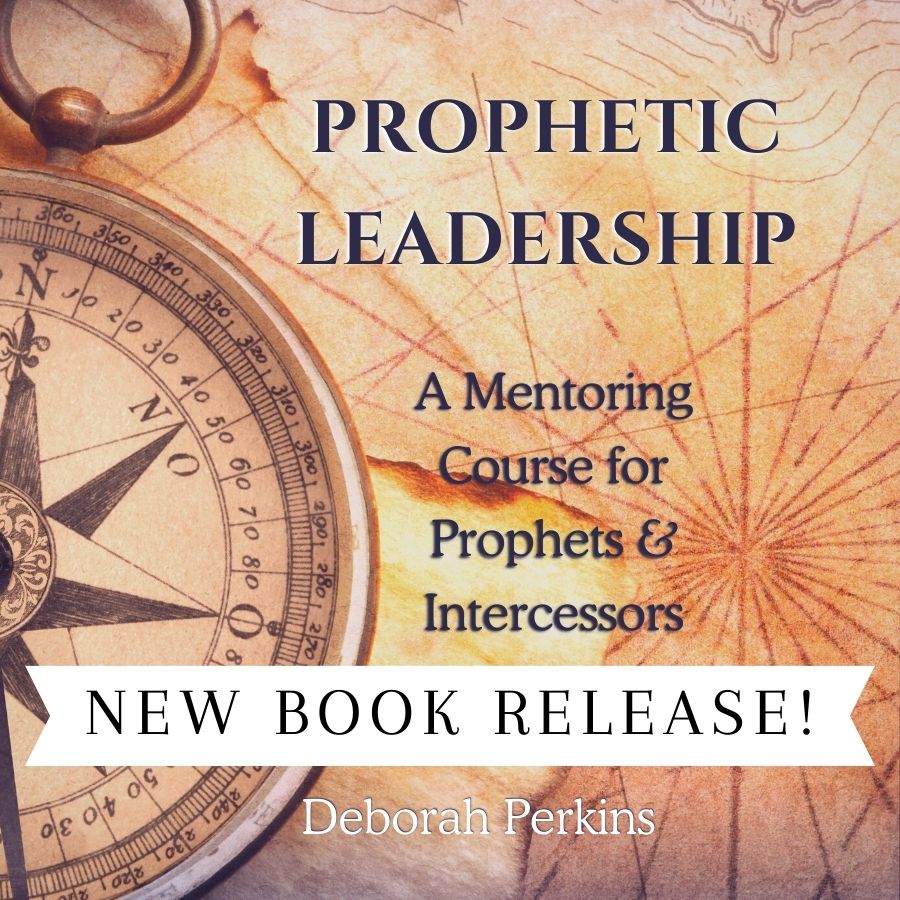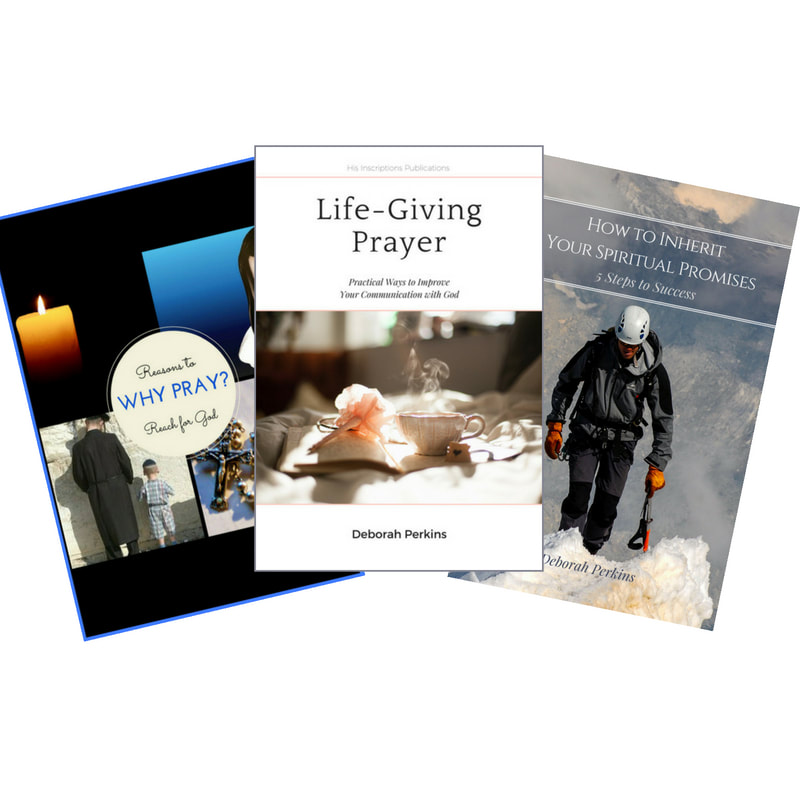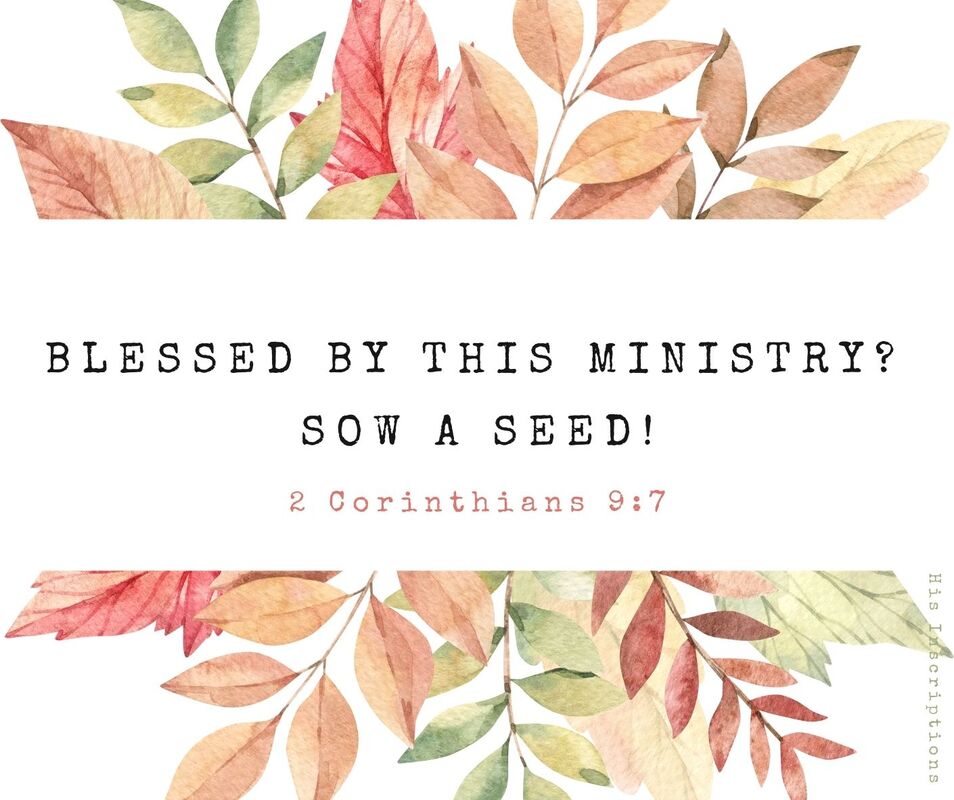|
An often-quoted proverb from Alexander Hamilton says: "Those who stand for nothing fall for anything." The saying may be harsh, but it is undeniably true. It begs the question: what do you stand for? My pastor spoke last week about the life of Elijah the Tishbite. Here was a man who definitely stood for something - or more accurately, someone. Elijah honored God's Words, and God confirmed his authenticity through many miraculous interventions. Only half-listening to the sermon, I began to meditate on Elijah's life, and the Lord began to speak to me about Elijah's posture.
In the beginning, God commanded man to “Be fruitful and multiply.” (Genesis 1:28).
From the garden of Eden to the global marketplace, God has been actively teaching people what might be called “supernatural math.” The basic curriculum introduces the natural laws of procreation, growth and prosperity, such as sowing and reaping, which are easily understood. Yet for the New Testament believer, there’s what you might call an “AP” course. Just for fun, let's expand this analogy a bit further and imagine the Christian as a "student" of the Word.
A new believer quickly realizes that God’s standard curriculum will only get him so far. He can apply all the basic biblical rules of sowing and reaping, giving and doing good works, and find a measure of success. Then Christ comes and raises the bar, saying he can do “greater things” than the Lord Himself did on earth! How is that possible? There is no way that one man, in his own strength, can be as “fruitful” as Christ without wearing himself out!
So God leads His student to an “advanced” principle, found in John 15:1-10: “without Me you can do nothing.” Abiding in Christ - in other words, living a life led by the Holy Spirit - causes him to bear much more fruit than trying to live life on his own. Relying on the indwelling presence of the Holy Spirit and listening to an omniscient teacher’s insights causes him to increase beyond what is humanly possible. A supernatural law takes effect, with God’s power exponentially multiplying all that the man does.
Suddenly, the Christian’s efforts at home and in the marketplace are immensely successful. He now knows that he is fulfilling the original mandate to “be fruitful and multiply,” but realizes that this goes far beyond siring children or planting vegetables! He has a new understanding of God’s methods and purposes, to bring in a spiritual harvest. Supernatural mathematics have taken effect.
However, the believer’s work will next be tested. As he meditates on Christ’s example in the Gospels, and follows the apostles through the book of Acts, he will see a second law at work, one upon which the law of multiplication sometimes depends. It is the law of division. The first example God gives him is of Christ on the cross. Here is God’s most faithful "student," both disciple and son, being persecuted and broken. To the natural mind, it makes no sense. Even Christ’s disciples did not see, after three years, why their Master and King must die; it would seem to end his fruitful reign. (Division). Prior to the resurrection, they did not have a grasp of supernatural division. But the Lord knew it would be better for Him to be broken, so that all, not just a few, would experience the power of the indwelling Spirit. (Multiplication). Their only previous point of reference was the feeding of the 5,000, found in all four Gospels. Christ had “tested” Phillip, his disciple and student at the time, to see how 5,000 men could be fed with only 5 loaves and 2 fish. (John 6:5-6) The disciples’ sole solution was to try and buy more food, something they could not afford. The Lord’s answer was to multiply by dividing first. (Taking the bread, he blessed it... broke it... distributed it…) As He divided and distributed, the food multiplied. There was such an increase that everyone ate as much as they wanted, and afterwards, there were still 12 baskets full! As our Christian continues to study, he realizes that there is a biblical pattern of division leading to multiplication. A young boy’s loaves were divided and then multiplied. Christ, the bread of life, was broken, resulting in Pentecost and the multiplication of the Spirit. And in Acts, more supernatural math occured: persecution arose against the church through Herod, scattering the believers, and they were divided from Jerusalem and each other. But the Word of God multiplied and was distributed “everywhere” (Acts 8:4), ultimately reaching the Gentiles and the ends of the earth. Phillip himself became a faithful distributor of the Word, preaching the Gospel and doing miracles himself! Amazing! A final lesson for our student is found in 2 Timothy 2:15. Paul writes to his student, Timothy: “Be diligent to present yourself approved to God, a worker who does not need to be ashamed, rightly dividing the Word of truth.” What an interesting choice of words! Here's Timothy, a young disciple of Christ, learning division. He is being trained to “rightly divide” (or interpret and distribute) the Word for his audience, providing accurate teaching. Right understanding and distribution of the Word would directly counter the “unprofitable strivings” and deceptions that could hinder the gospel’s multiplication. (2 Tim. 2:14). “Supernatural math” students realize that division is sometimes necessary in order for multiplication to occur. A fruitful branch undergoes pruning in order to increase still more. (John 15:2). There are times when God allows us to be divided, even persecuted, and yet His Kingdom continues to grow. The underground church in China is a good illustration of this. Is God applying supernatural math principles to your life right now? After experiencing a time of fruitfulness, are you now wondering why there is division? Has abiding in Christ brought unanticipated separation or persecution? Sometimes what we perceive as negative attacks on our faith are necessary divisions or pruning designed to make us more productive. In those times, our teacher, the Holy Spirit, can show us how to pray until we reach the place of fruitfulness again.
c.Deborah Perkins, 2014; All references NKJV  Subscribe Here Subscribe Here
Like what you see here?
Pull up a chair and join me for weekly conversations about following God! To subscribe, click on the photo at left. Thanks for reading!
There are so many wonderful gifts that God gives us as we follow Him! I wrote earlier about the gift of the Word, which Jesus both brought to us (speaking the Words of the Father) and became for us (obeying and embodying the Word completely). This Word is precious: so much so, that the apostles in Acts later gave themselves "continually to prayer and to the ministry of the Word," saying it would be "undesirable to leave the Word of God." (Acts 6:4).
We are challenged in 1 Peter 2:2 to "desire the pure milk of the Word, that you may grow thereby." 2 Peter says to "be mindful" of the Word, since by the Word the heavens and earth were created and are preserved. (2 Peter 3:2, 5, & 7). We know that when the Word is preached, the Gospel multiplies exponentially. (see Acts 8:4) Today, I'd like to look at the Word as it relates to prayer, and share with you a fun, real-life story to illustrate its power.
Some of you know that our family is believing God for a home with more land, specifically to raise livestock. We have been "frustrated farmers" for a while, having a vision for a farm and slowly working toward the fulfillment of that dream. Two months ago, by a small miracle, we obtained both a coop and fencing, along with feeding and watering supplies, for a mere $10. We began to pray that God would also give us chickens for our coop. Within 24 hours, we had a small flock of four chicks called "Easter Eggers," known for the colorful eggs they lay in shades of blue and green. We were amazed at God's quick provision! The boys have needed no reminders to care for their new "pets" daily, feeding and watering them, and our oldest son has taken on quite a fatherly role towards these birds, repairing the fencing as needed and becoming sweetly protective of the flock. Interestingly, our family devotional reading around this time was on the biblical book of Jonah, which ends by mentioning God's concern for both people and livestock (see Jonah 4:11). If you were God, and you could send a gift to help us - the people who live on earth - improve life, what would you send? Money to help the poor? A wise doctor who could cure cancer and other incurable diseases? World peace? While pondering this a bit, you might decide that Jesus was probably the best gift that you could send; after all, Jesus does heal people, he does bring peace, and he offers eternal hope and everlasting security: all very good things. You might just decide that God's gift was good, and join the millions of others who have opened the gift of a relationship with Christ and improved their lives. If you haven't yet, I hope you do. I also hope that you won't think, after opening that very special gift, that the party is over! Here's why: there's a whole big pile of presents still waiting to be opened, and if I were God, which I'm not (thank goodness!), I'd be wondering why my kids didn't want to open the rest of them! My studies led me into John 17 this week. This is the chapter that includes Christ's famous prayer to His Father, just before His death and resurrection. The first part of verse 14 seemed to jump off the page to me; Jesus says, "I have given to them the Words which You have given Me; and they have received them." (John 17:8 & 14) What impressed me was this: that the gift Jesus chose to give us was the Words of His Father. Christ gave His disciples every Word He heard His Father speak, and stated in the same prayer, "Your Word is truth" (John 17:19). Clearly, God's Words are very precious. For those who feel they cannot hear God, this has huge implications. If the one thing Jesus gave us when He came to earth was the Word, and if we have this Word meticulously, even inerrantly preserved for us today, then it is impossible NOT to hear from God! The Word is indeed "near you, in your mouth and in your heart." (Romans 10:8) The only thing we need to do - you guessed it - is open it!! "If anyone loves Me, he will keep My Word... the Word which you hear is not Mine but the Father's who sent me." ~John 14:23-24 Amazingly, so many believers fail to open the largest, most obvious gift given to them. This present sits neatly on our bookshelves or even prominently displayed on our coffee tables for all to see, but we rarely get beyond looking at the cover's beautiful "packaging." We don't have time, we don't understand it, we fear what it - the truth - might do if we allowed it to penetrate our hearts. And so this precious gift, God's Word, is ignored. We have an opportunity to communicate with the most powerful and influential Person ever known, and instead, we walk away. In contrast, there is currently a YouTube video-gone-viral of believers in China opening a box of Bibles for the first time. They rush to receive a Bible, then a hush comes over the assembled group as they kiss the books and hold them close to their hearts, some with tears of joy. Desperation, while unfortunate, creates deeper desire. In fact, God had to humble the Israelites with hunger in the wilderness to create just such a desperation. Deuteronomy 8:3 reads: "So He humbled you, allowed you to hunger, and fed you with manna which you did not know nor did your fathers know, that He might make you know that man shall not live by bread alone; but man lives by every word that proceeds from the mouth of the Lord." We should be like a ravenous man seeking food as we devour the Word of God! The Bread of Life The Word is, quite literally, living and active. (Hebrews 4:12). It is the bread of life that sustains us. In fact the Word, says John in the first chapter of his gospel, is God. (John 1:1-3; see also John 6:33-35). Christ presented us, through God's Words, with the manifested heart and desire of God in the earth. And beyond that, Christ became the embodiment of the Word in its entirety, and is called the Word (Revelation 19:13), because He obeyed the Words of His Father perfectly. Jesus fulfilled every Word the Father had ever spoken, prophesied, or commanded. (See 2 Peter 1:19). As Jesus demonstrated, the Word of the Lord is precious enough to die for. We simply must hear the Word; life is not worth living without it! This Word is powerful enough to give life to our mortal bodies and resurrect the dead. Knowing the Word - knowing Jesus - gives us everything we need for life and godliness. (2 Peter 1:3) In other words, we have not just the "survival gear" we need to get through this wilderness called life, but also the supernatural anointing to transcend this life and walk in godliness and communion with Him, as Enoch did. When you need a father or a mentor ... He is in the Word. When you need healing or deliverance, it is in the Word. When you need physical strength, it is in the Word. When you need a friend who understands, He is in the Word. There are innumerable gifts to be given in His Word. In short, to know God is to spend time with Him, receiving the one gift which has the power to transform spirit, soul, and body. He who receives the testimony (the words) of Jesus certifies that what He says is true. (John 3:33). As Jesus taught the scribes, the first commandment is to hear and to love the Lord. (Mark 12:29-30). To listen and obey, to allow God to inscribe His Words on our hearts, is the greatest thanks we could ever give Him. c.Deborah Perkins, 2014. All Biblical references NKJV. |
Free Link to the Subscriber Resource Library when you join His Inscriptions!
About
Deborah Perkins Categories
All
Archives
June 2024
AuthorA severe hearing loss from childhood caused Deborah Perkins to develop what she now calls her secret weapon: tuning in to God's voice. A Wellesley College graduate and an award-winning writer, Deborah is now a wife and mother of 3 boys. Deborah has devoted over 25 years to professional and lay Christian ministry in New England and beyond. Her passion is inspiring people to cultivate greater intimacy with God. |







 RSS Feed
RSS Feed






